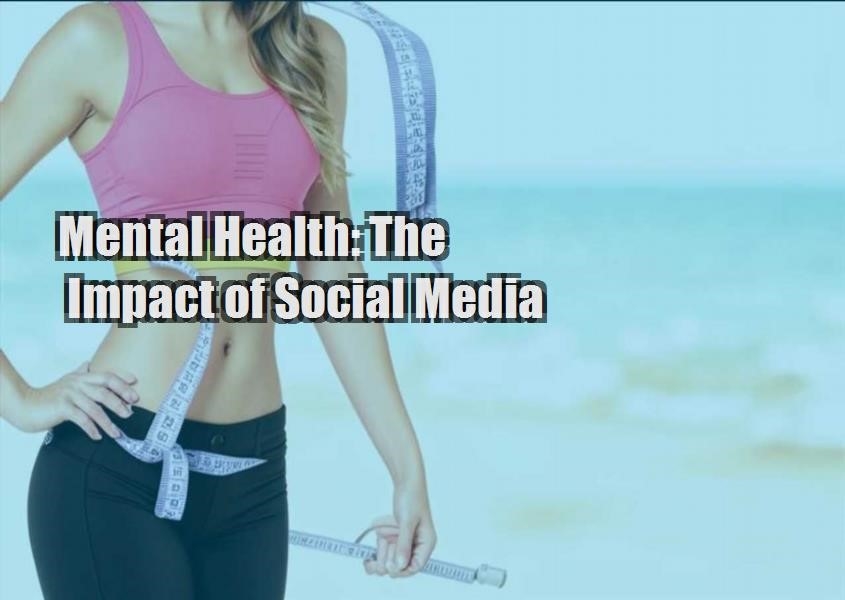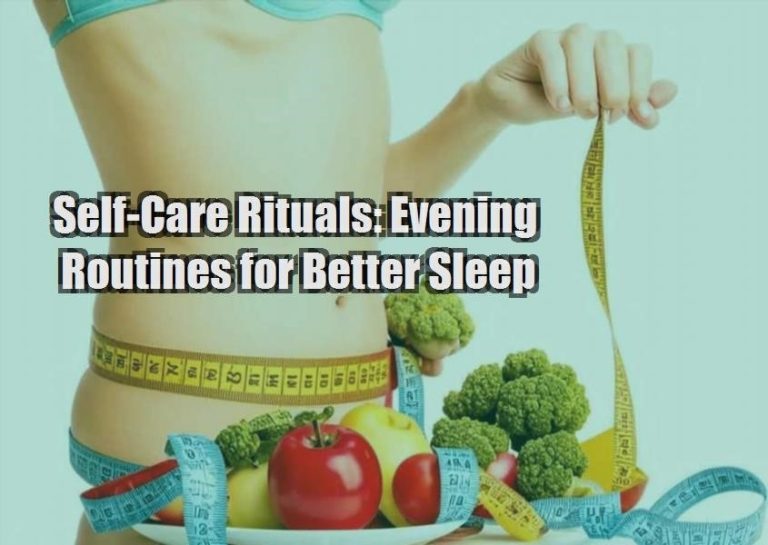Introduction
Social media has become an integral part of our lives, connecting us with friends, family, and the world at large. However, research has increasingly highlighted the potential impact of social media on our mental well-being. Understanding this relationship is crucial to navigate the digital landscape responsibly and protect our mental health.
Positive Impacts
- Enhanced social connection: It enables us to stay connected with loved ones, especially those who live far away.
- Increased self-esteem: Sharing positive experiences and receiving validation from others can boost self-worth.
- Reduced loneliness and isolation: It provides a platform for reaching out to others, reducing feelings of isolation and loneliness.
- Access to information and support: Social media can provide valuable information on mental health conditions and connect people with support groups.
Negative Impacts
- Cyberbullying and harassment: Online harassment can have devastating effects on victims, leading to feelings of anxiety, depression, and low self-esteem.
- Fear of missing out (FOMO): The constant bombardment of curated and idealized content can create a sense of inadequacy and anxiety about missing out on experiences.
- Body image issues: Social media platforms often promote unrealistic body ideals, which can contribute to body dissatisfaction and eating disorders.
- Sleep disturbances: The blue light emitted from electronic devices can disrupt sleep cycles and lead to insomnia.
- Addiction and overuse: Excessive social media use can lead to addictive behaviors, neglecting personal responsibilities and relationships.
Moderation and Mindfulness
To mitigate the negative impacts of social media while maximizing its benefits, its essential to practice moderation and mindfulness. Consider the following strategies:
- Set time limits: Establish specific times for social media use and stick to them to prevent excessive consumption.
- Be aware of your usage patterns: Pay attention to how social media makes you feel and limit activities that trigger negative emotions.
- Engage in meaningful interactions: Focus on genuine connections rather than superficial likes or followers.
- Seek professional help: If social media use becomes overwhelming or negatively affects your mental health, consider seeking professional support from a therapist or counselor.
Specific Vulnerabilities
Certain individuals may be more vulnerable to the negative effects of social media, including:
- Teens and young adults: This age group is particularly susceptible to peer pressure, body image issues, and cyberbullying.
- Individuals with mental health conditions: Social media can exacerbate symptoms of anxiety, depression, and other mental health conditions.
- People with low self-esteem: Social media can reinforce negative self-perceptions and hinder self-improvement.
Protective Factors
Fortunately, there are protective factors that can mitigate the negative effects of social media on mental health:
- Positive offline relationships: Strong relationships with friends, family, and loved ones can provide support and buffer against negative online experiences.
- Critical media literacy: Empowering individuals with critical thinking skills to evaluate online content can reduce the impact of idealized or unrealistic depictions.
- Digital well-being programs: Some social media companies have implemented initiatives to promote digital well-being, such as screen time tracking and mindfulness reminders.
Conclusion
Social media has the potential to both enhance and diminish mental well-being. By understanding the multifaceted nature of this relationship, practicing moderation and mindfulness, and seeking support when needed, we can harness the benefits of social media while protecting our mental health. Its important to remember that our online experiences are not a substitute for real-life connections, and maintaining a balanced approach is crucial for overall well-being.







